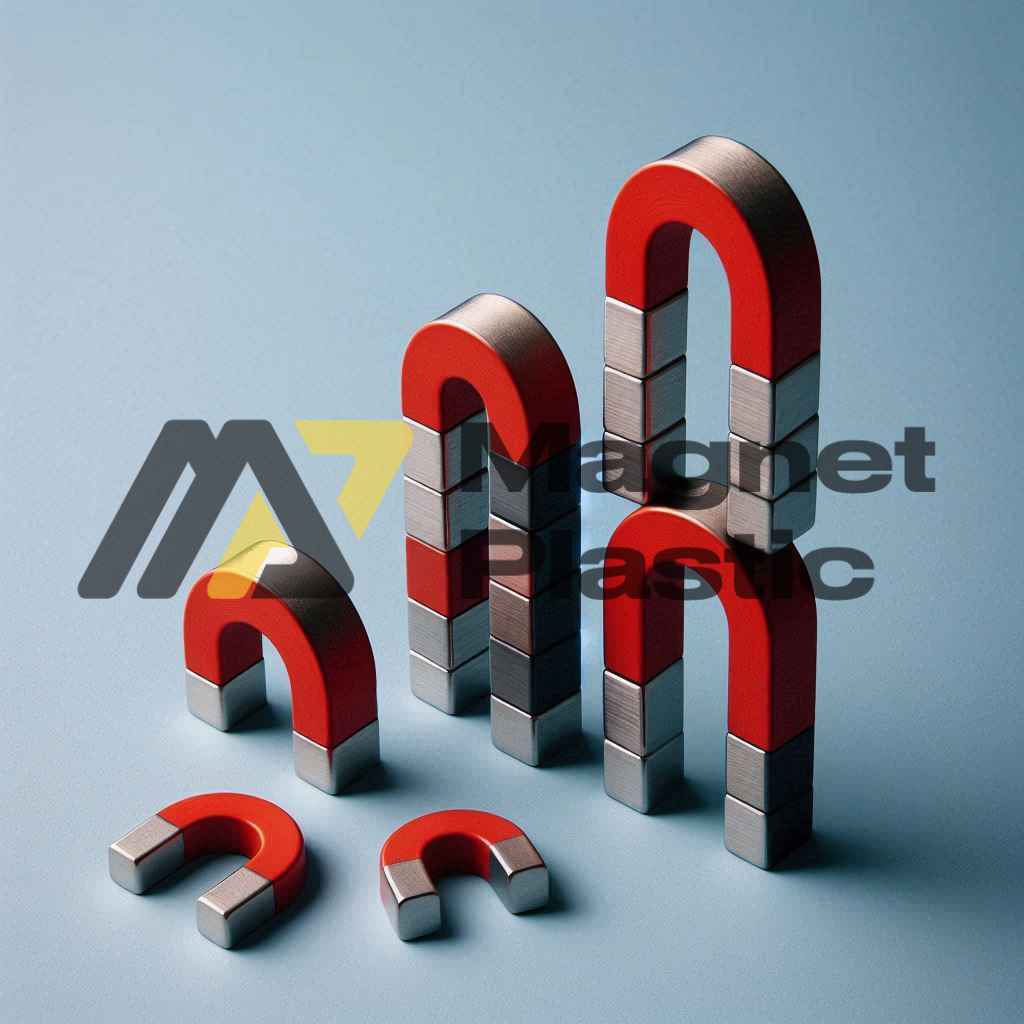Tolerances, Geometry Variations, and Centering of Magnets
Essential in numerous technological applications, magnets require millimeter precision in their manufacture. The shape, dimensions, and correct alignment of magnets determine not only their magnetic efficiency but also their functional integration into complex devices. Here we explore how tolerances, geometric variations, and centering affect the performance and reliability of these components.
What are tolerances in magnets?
Tolerances are the allowable limits on the physical dimensions of a magnet. During manufacturing, it is virtually impossible to produce identical parts, so acceptable margins of error are established. These tolerances ensure that magnets perform within the designed parameters, even with small variations.
For example, a magnet designed with a diameter of 10 mm may have a tolerance of ±0.05 mm. This means that the actual measurement may be between 9.95 mm and 10.05 mm. Tighter tolerances are required in applications where precision is critical, such as in electric motors or sensors.
Importance of geometric variations
Geometric variations encompass deviations in the shape of the magnet from its theoretical design. They may include:
- Thickness deviation: This directly influences the intensity of the magnetic field. A smaller thickness could reduce the magnetic force.
- Surface irregularities: Imperfections can affect the uniformity of the magnetic field, especially in applications where precision is essential, such as in medical devices or MRI equipment.
- Angular deviation: In magnets with complex shapes, such as rings or discs, a small angular variation can misalign the magnetic field, affecting the performance of the system in which it is integrated.
To reduce these variations, advanced manufacturing techniques are used, such as precision grinding or electrical discharge machining (EDM), which guarantee exact shapes and smooth surfaces.
The role of centering in magnets
Centering refers to the correct alignment of the magnetic field in relation to the geometry of the magnet. This alignment is crucial in applications such as electric motors, where magnetic symmetry determines the balance and efficiency of the system.
A misalignment can cause:
- Loss of efficiency: In motors, an off-center magnetic field generates vibrations or variations in force, reducing performance.
- Uneven wear: Moving parts associated with poorly centered magnets can suffer premature wear due to non-uniform forces.
- Thermal imbalance: In magnets subjected to high temperatures, incorrect alignment can cause uneven expansions and compromise structural stability.
Quality control in manufacturing
To ensure that magnets meet specified tolerances and geometries, rigorous quality controls are implemented. Among the most common techniques are:
-Laser measurement: Allows dimensions to be verified with high precision.
-Magnetic analysis: Checks the distribution of the magnetic field to ensure that it is centered and uniform.
-Destructive testing: In selected batches, some magnets are subjected to extreme tests to evaluate their behavior under extreme conditions.
Applications that depend on precision
The importance of controlling tolerances and geometries varies depending on the application:
- Consumer electronics: In speakers or hard drives, a slight variation could affect the performance of the device.
- Automotive industry: Electric motors in vehicles require magnets with extremely tight tolerances to ensure energy efficiency and durability.
- Medicine: Magnetic resonance imaging (MRI) equipment depends on perfectly aligned magnets to produce accurate images.
Conclusion
Tolerances, geometric variations and centering are critical factors in magnet manufacturing. Ensuring precision not only optimizes performance, but also extends the life of the devices in which they are integrated. As technology advances, the demand for more precise and efficient magnets will continue to grow, driving innovation in manufacturing and quality control techniques.
